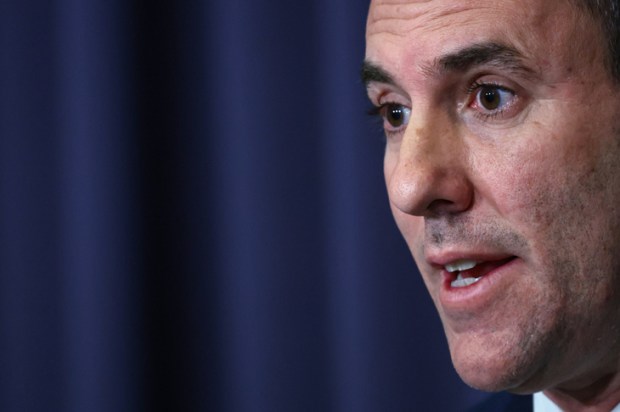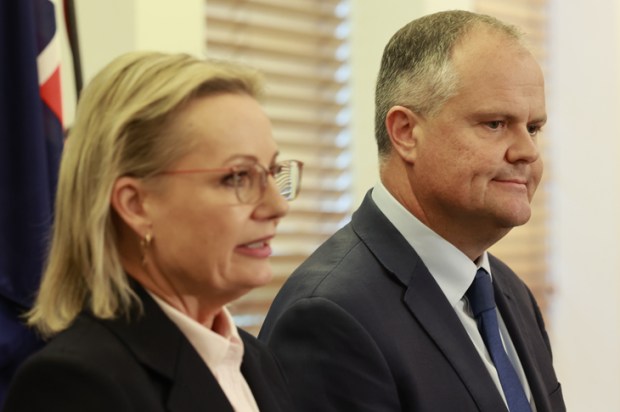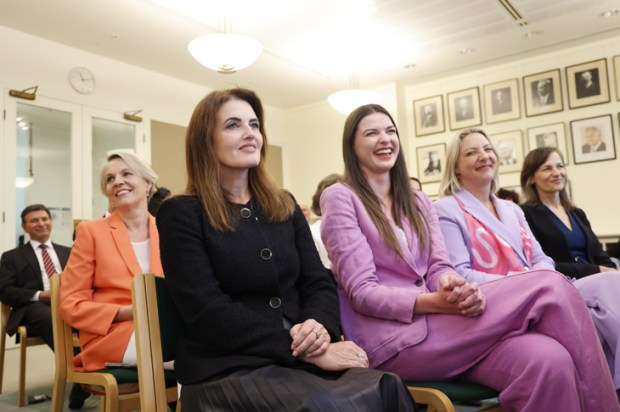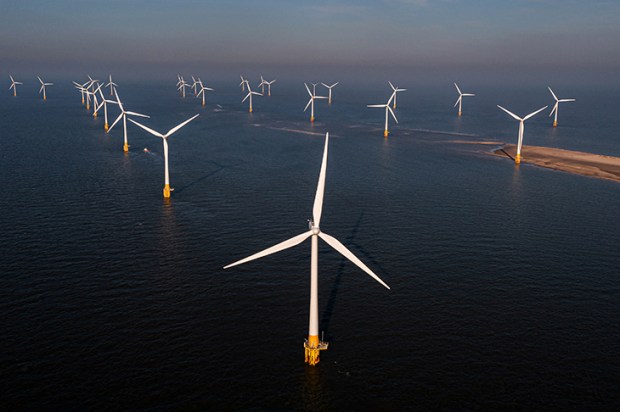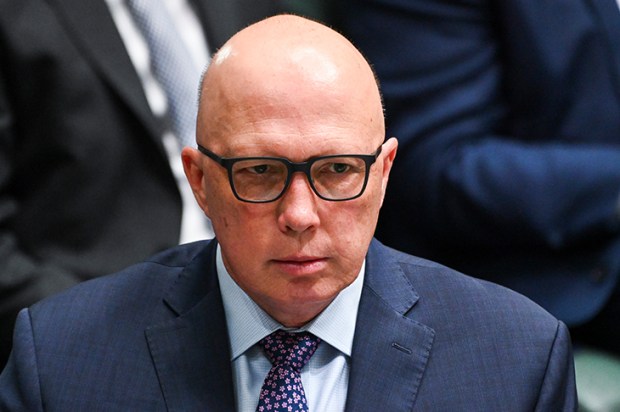During my 21 years in the federal parliament, I never got a satisfactory answer to the question why one side could never accept that a proposal from the other side might have some merit. I never thought that you should automatically accept any such policy, but it always seemed to me to be foolish to reject one simply because it came from the evil empire on the other side.
I suppose that this attitude came from my tutelage at the Victorian Bar where we spent more time analysing the other side’s arguments than our own, to see if by some mysterious process they might have merit, in which case we could prepare a persuasive rebuttal.
But that approach seems alien to modern politics, of which there is now a very good example that is the subject of public debate. Anthony Albanese has proposed that if and when there is a peace settlement in Ukraine, Australia will ‘consider’ contributing to a peace-keeping force. Mind you, he did not say that we would, or even that we might, send Australian troops to the trenches and engage in active military action against Russia. And he did not even say that we will definitely contribute to a peacekeeping force, but simply that we should consider it, if a peace settlement is reached and if peace-keepers are needed and requested.
Surely there is enough merit in this proposal to consider it, look at it, think about it and try to reach a rational conclusion about it. But no, all that seems too much for Peter Dutton, who has rejected it out of hand and on the worst possible ground, namely that it is a European issue and nothing to do with Australia. Worse still, everyone on his side has now blithely fallen into line and all are now repeating his lines like a lot of automatons.
This new policy, which seems to have come from nowhere, is extremely disappointing, as the outcome of the war in Ukraine has everything to do with Australia, being as it is the pivotal issue which will determine whether other countries will also be put at risk from the imperialist designs of Russia and sacrificed, as Ukraine is now being sacrificed by the unholy alliance between Putin and Trump. If there is a peace settlement that will keep Ukraine’s integrity intact and if the settlement can be guaranteed by peace- keepers, it will be a major contribution to world peace; surely Australia has an interest in that, and surely we should consider it.
Dutton and the Liberal party also seem to have forgotten a few other things. Australia has a long history of joining peacekeeping forces. They have been successful, contributed to peace and enhanced our standing in the world. The Liberal party, in particular, has always regarded it as an article of faith that Australia should carry its share of these burdens, and we certainly should do so. We have joined in over 100 peacekeeping missions since 1947 in Indonesia and they have ranged through the Middle East, Africa, Cyprus, Yugoslavia, Kosovo (the last three still current) and of course East Timor, where our contribution gave even more lustre to John Howard’s prime ministership. Now, however, the Liberal party seems poised to abandon this distinguished record, for no apparent reason and without, so far as I know, any debate or discussion within the party.
More importantly, I wonder if Dutton has given any thought to what it really means to oppose Australia taking part in this mission. Its purpose is to deter Russia from breaking whatever peace settlement is reached and invading again, which it will do if there is no military force to stop it; opposing it means we will not stand in the way of renewed Russian aggression and that we no longer support Ukraine. Who would have thought that it would be the Libs lining up on the side of the aggressor?
Frankly, I have been agonising over why Dutton would want to abandon the proud history of this nation contributing to peacekeeping forces. It can hardly be because of the catchcry that Europe should do more for its own defence. Of course it should, and that is why it is mobilising the peacekeeping force and why we should encourage and help it. Dutton could scarcely be chasing the so-called anti-war vote, as that is already captured by the dreamy left. And if he is looking for votes, he should remember the voters who came from the Baltic states and elsewhere who must be wondering if their home countries are next on the Russian invasion list, what Australia is going to do about it and why the Liberal party has abandoned its long-held policy. But could it be that behind this erratic policy there is a whiff of Trump-like rejection of all traditions, no matter how tried and tested they may be? If so, he should think again and wiser heads in the Liberal party should bring him back on track. Australia is a very different country from the United States of America.
I for one would like the Liberal party to stick to its traditional policies, as they were the right traditions as well as successful and they have been well-supported over the years by the public. Its support for peacekeeping forces is just the latest one to be jettisoned. The party seems to be giving these traditions away, one by one; for example, how you could say that the Liberal party believes in free enterprise today is beyond me, and I am not aware of any current Liberal policy that would encourage initiative and incentive or require individuals to bear more responsibility for their own lives, which are supposed to be the pillars on which the party is built. And now we have the refusal even to consider helping Ukraine keep its ravenous neighbour at bay.
It is to be hoped, therefore, that Mr Dutton will abandon his knee-jerk rejection of the proposal and at least consider it.
Got something to add? Join the discussion and comment below.
You might disagree with half of it, but you’ll enjoy reading all of it. Try your first month for free, then just $2 a week for the remainder of your first year.



